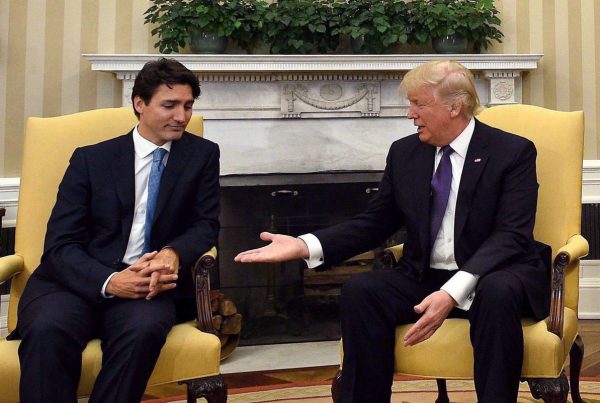You might be of the view that Uber and Canadian health care have nothing in common. How wrong you would be!
They are both classic instances of how governments’ rhetorical support for “innovation” is belied by their shameless kowtowing to vested interests who are threatened by disruptive innovations. Here is a little foretaste of the argument:
In Canadian health care, which may soon represent nearly a fifth of the economy, innovation must go cap in hand and beg to be allowed to help patients. And in doing so it will be opposed by those in the system whose power and livelihood might be threatened, just like those taxi owners fighting Uber.
This is inevitable in a system where the amount of money available is determined in advance through government budgets. Every innovation accepted is a charge against a fixed pie, meaning established interests may be damaged to accommodate the innovation. And it is those established interests who are the system’s gatekeepers.
It is as if Henry Ford, in his drive to bring the automobile within reach of the average person, had to get his assembly line ideas approved by a government committee composed of buggy makers, stable operators, horse breeders and hay growers.
The full piece was published in the Economy Lab feature of the Globe’s Report on Business on 13th May 2016.


